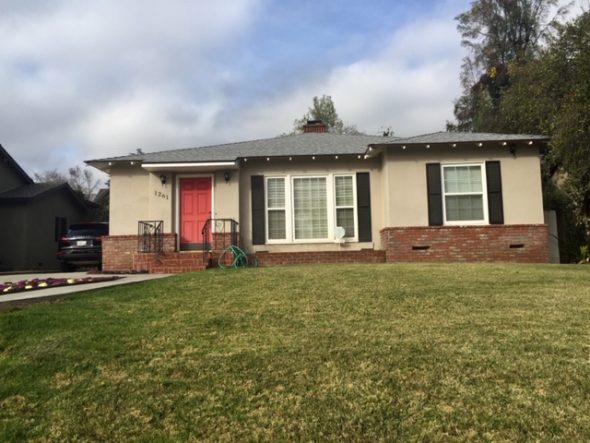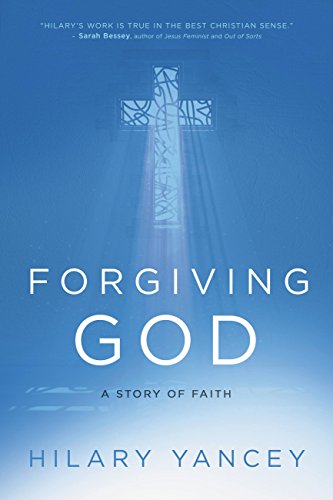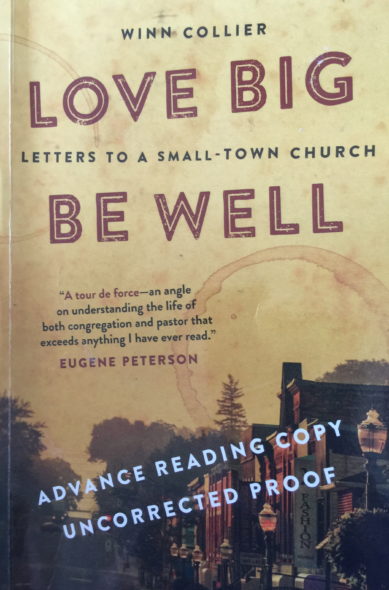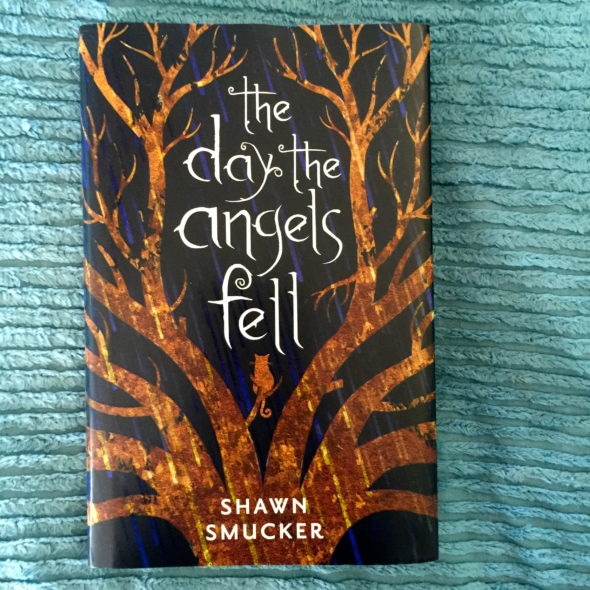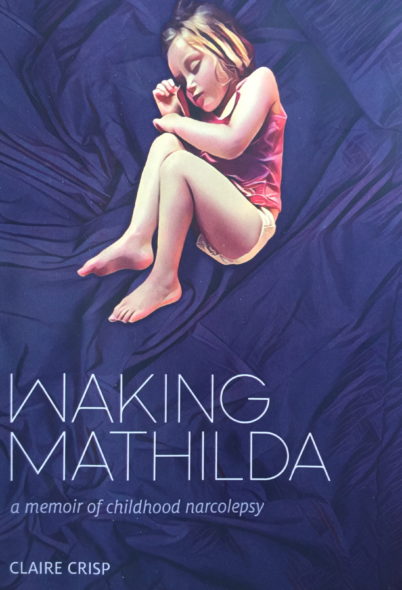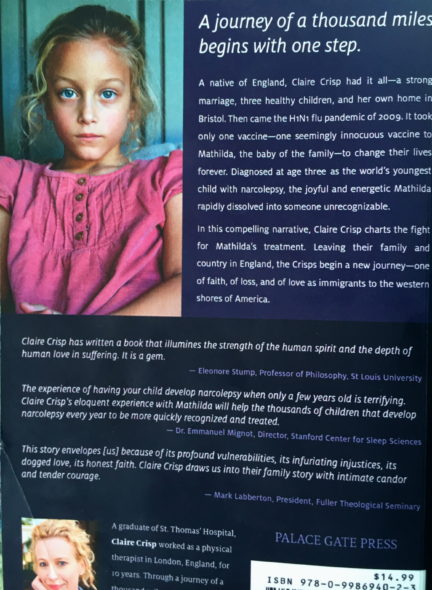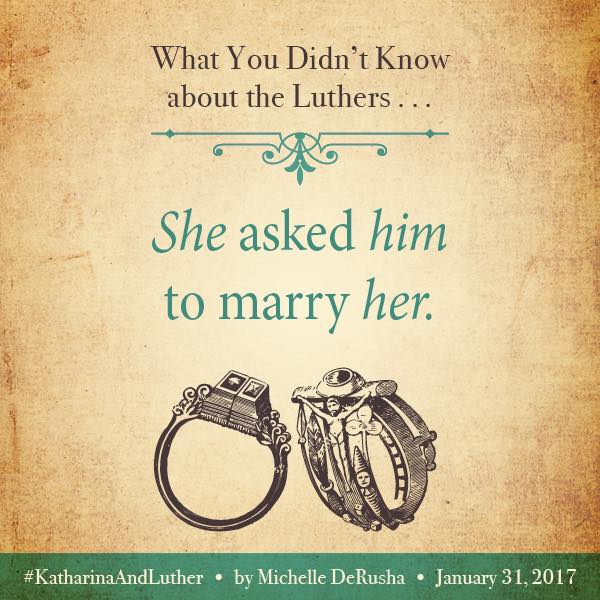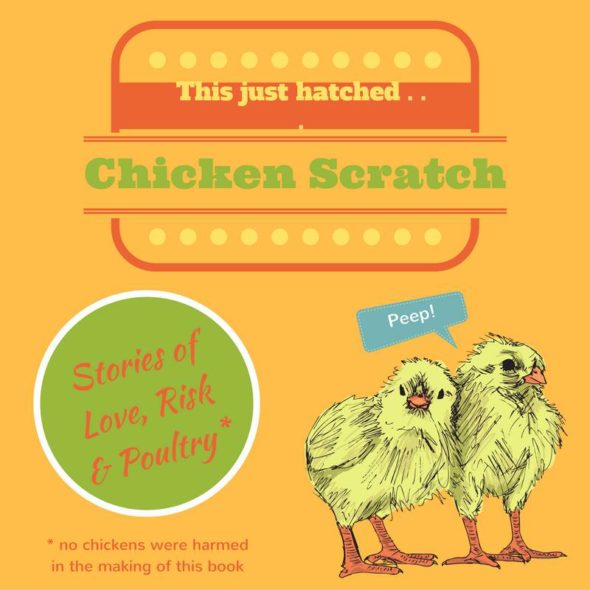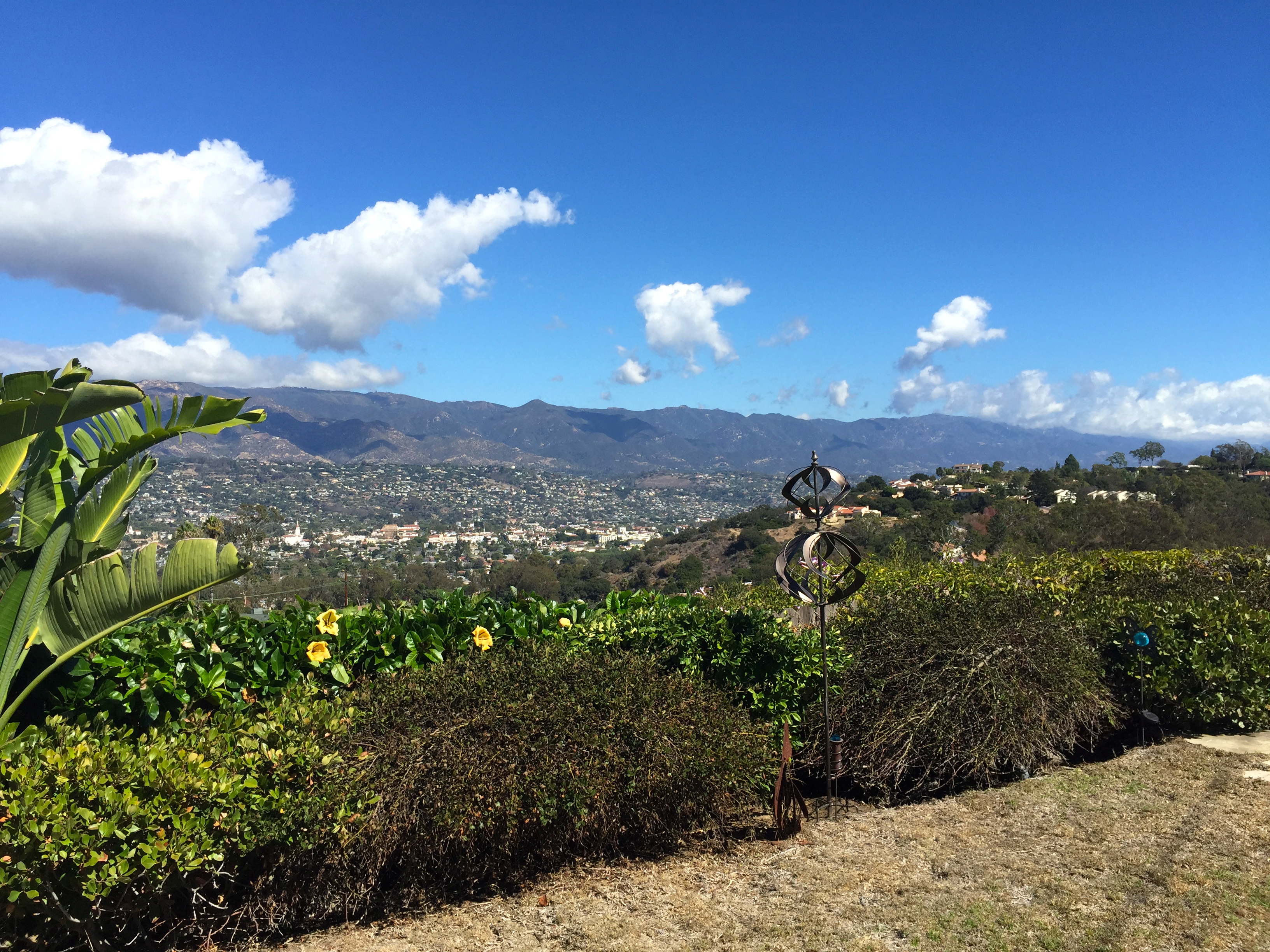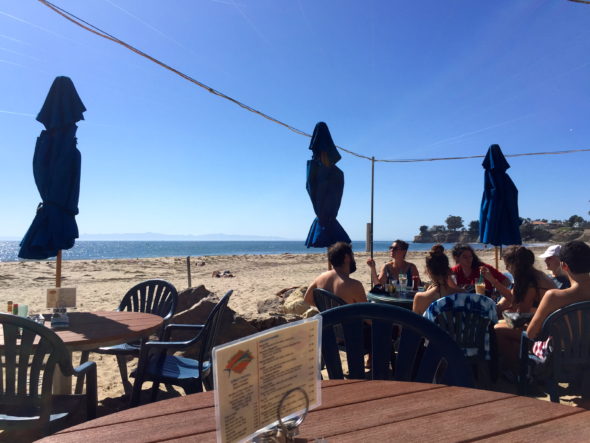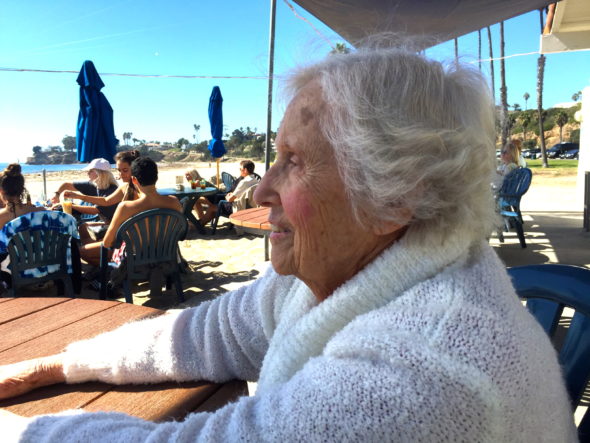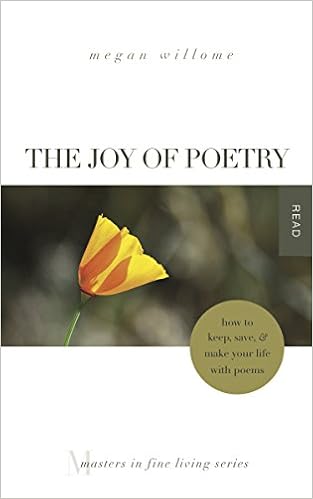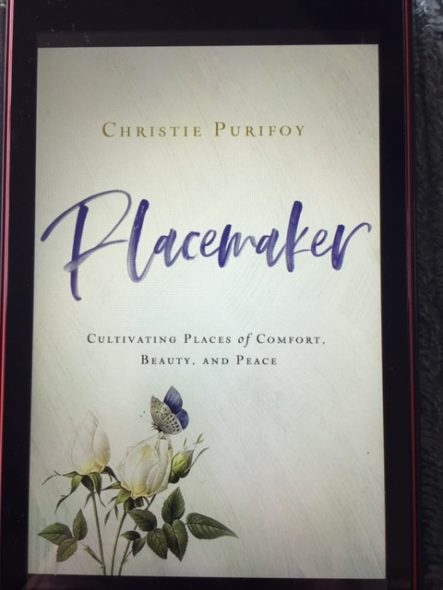
It is now on my husband’s stack.
Christie Purifoy’s new book, “Placemaker, Cultivating Places of Comfort, Beauty and Peace,” is — hands down — the most beautiful book I have read in a long, long time. As I read, I was reminded of so many favorites from my past reading life — Madeleine L’Engle, Luci Shaw, Frederick Buechner, Barbara Brown Taylor, Walter Wangerin to name a few. She skillfully and creatively takes the stuff of everyday life and weaves from her own story, from the books she reads, and from the places she has lived, a gorgeous tapestry of discovery, commitment, serendipity and joy. I cannot recommend it highly enough.
“Placemaker” takes us on a journey. It’s not necessarily a straight ahead trek, but then is anything worth doing straight ahead? She uses trees, gardens, family anguish, wilderness wanderings, joyous homecomings, showing us her own deepening sense of what it means to be home.
Is there any more glorious word in the English language than that one? It’s what we all long for, reach for, sometimes touch and, if we’re really lucky, occasionally find. And home is multifaceted, involving places and things — buildings and gardens, brick and mortar, dirt and compost; it involves stories — including history and personalities from the past, the literal and figurative meaning of very particular trees in very particular places; and, of course, it also involves all kinds of people — spouses and children, siblings and neighbors, friends nearby and far away.
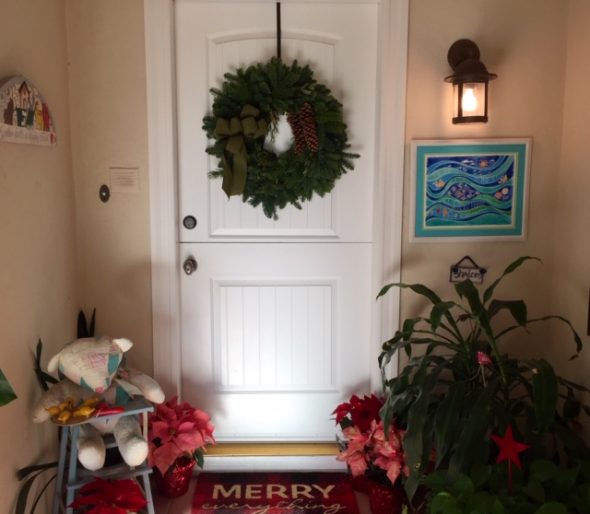
As I read about all the homes Christie and her husband have made over the years of their marriage, I couldn’t help but think about the ones Dick and I have made over our many years together, a few of which are featured in this post. Subscribers to my monthly newsletter have already seen some of these, but as I continue to respond to Christie’s lovely storytelling in this place, it seemed ‘right and good’ to lace my own stories into the mix.

I found myself in tears at several points during this read — good tears — tears of recognition and gratitude and remembering. She writes lyrically about things like beauty, longing, the importance of limits, the role of dead and dying things to the ongoing life of the planet, the necessity of wilderness experiences, the different values found in moving from place to place and staying put in one, letting our roots sink deeply into the soil of a particular kind of life.
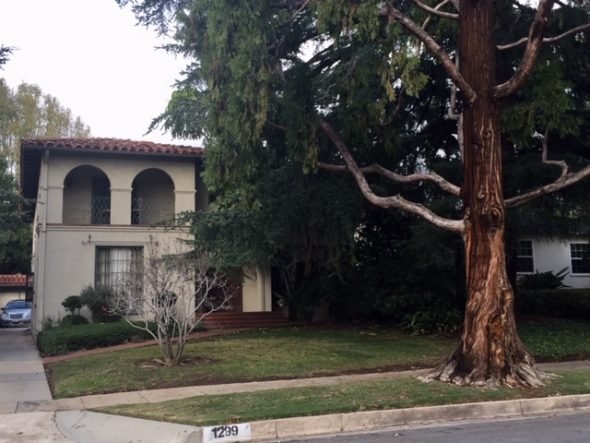
A recurring thread through all of this lovely story-telling is Christie’s growing hunger for and acquisition of very specific kinds of knowledge. She learns about trees — what’s indigenous to where, and who planted and cared for them over the years. And she learns about cooking, gardening, planting seeds — both literal and figurative — in every new place. She shares her knowledge with us, telling us about beautiful public gardens, about people from the past who made the present as lovely as it is by planting and tending those gardens. What a gift to be educated as well as enthralled, instructed as well as lovingly entertained.

with our son still in high school.
Always, this knowledge is used in service of placemaking — of intentionally cultivating beauty and hospitality everywhere the growing Purifoy family lives. Spiraling through all that intentionality, readers are privileged to see an exquisite mix of sorrow and joy, gain and loss, settledness and restlessness, peace and struggle.
Placemaking, it seems, is never easy, but it is always, always good.
Get your own copy just as quickly as you can. You will not be sorry.
